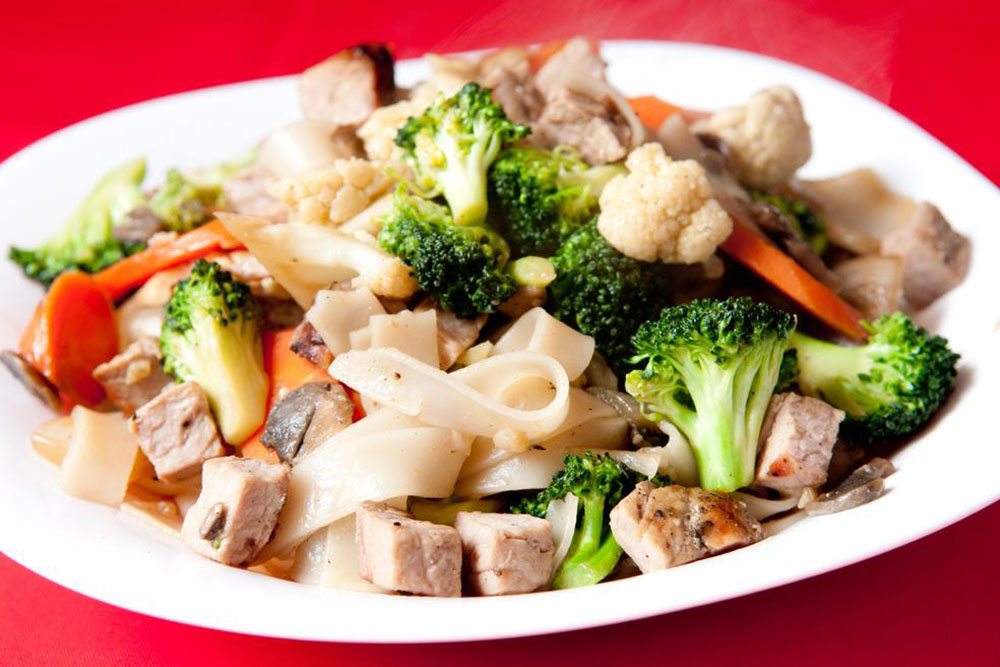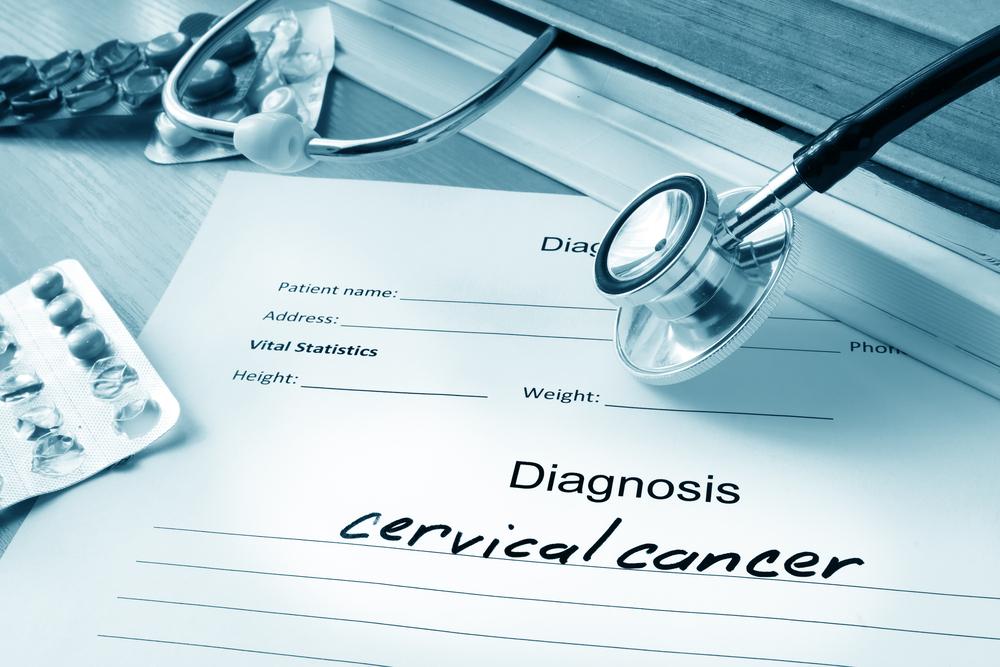Top 5 Nutritional Powerhouses to Combat Cervical Cancer
Discover five powerful superfoods that can aid in preventing and fighting cervical cancer. Incorporating these nutrient-rich foods like carrots, green tea, asparagus, raspberries, and salmon into your daily diet can bolster your immune system and reduce cancer risks. Emphasizing a balanced diet with antioxidants and essential nutrients offers a natural approach to cervical cancer prevention. Stay proactive with diet, screenings, and vaccines to safeguard women's health against this serious disease.

Top 5 Nutritional Powerhouses to Combat Cervical Cancer
Adopting a nutritious lifestyle combined with a balanced diet can significantly reduce the risk of developing cancer. Cervical cancer remains one of the most serious health challenges for women, originating in the cervix, the lower part of the uterus. Persistent infection with human papillomavirus (HPV), a sexually transmitted virus, is a primary cause. While many bodies fight off HPV, some infections persist and evolve into cervical cancer over time.
Screenings and vaccines are crucial in preventing cervical cancer, but diet also plays a vital role. Discover some of the best superfoods known for their cancer-fighting properties. Regular intake of fruits and vegetables, rich in antioxidants, carotenoids, flavonoids, and folate, can offer protection against HPV-related cervical cancer. These powerful nutrients are found in many superfoods listed below.
Carrots
This versatile vegetable is beneficial not only for eye health but also for cancer prevention, thanks to its high beta-carotene and carotenoid content. These compounds effectively inhibit cancer progression. Carrots can be enjoyed raw, cooked, or in salads, making them easy to include in your diet.
Green Tea
Renowned for its health benefits, green tea is a potent superfood against cervical cancer due to its antioxidant polyphenols. These compounds inhibit the growth and spread of cancer cells and reduce enzymes involved in metastasis. Drinking green tea regularly can be an effective preventive measure.
Asparagus
This vegetable is rich in glutathione, a powerful antioxidant that safeguards cells from free radical damage and helps neutralize carcinogens. It also enhances immune function and remains low in pesticide residues even when conventionally grown.
Raspberries
This delicious berry is packed with ellagic acid, which possesses anti-mutagenic and anti-carcinogenic properties. Regular consumption can help prevent HPV-infected cells from turning cancerous and can induce cancer cell apoptosis.
Salmon
Salmon provides omega-3 fatty acids, essential for fighting cervical cancer. It also contains astaxanthin, a carotenoid that neutralizes free radicals. Wild-caught salmon offers higher concentrations of this nutrient compared to farmed varieties.
Note:
Our content aims to provide useful insights across various health topics. Use our information as a guide, but consult healthcare professionals for personalized advice. We do not guarantee the accuracy of all data and acknowledge that some information may vary across sources. Additionally, certain promotions or offers may differ from those mentioned.










